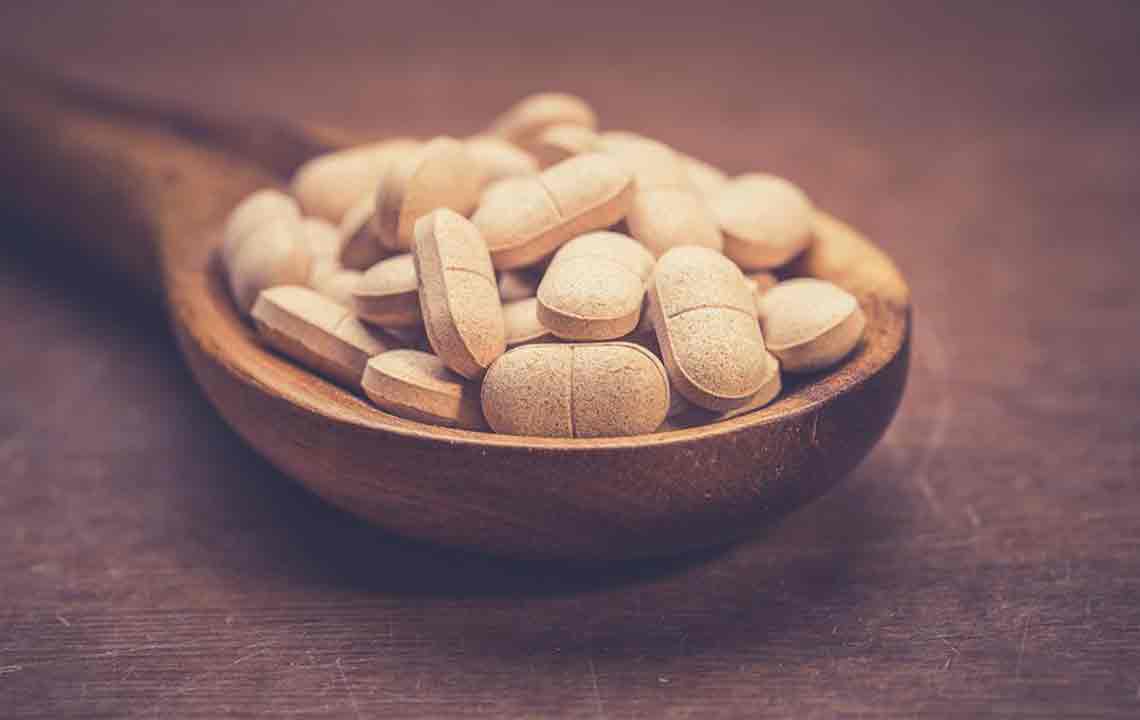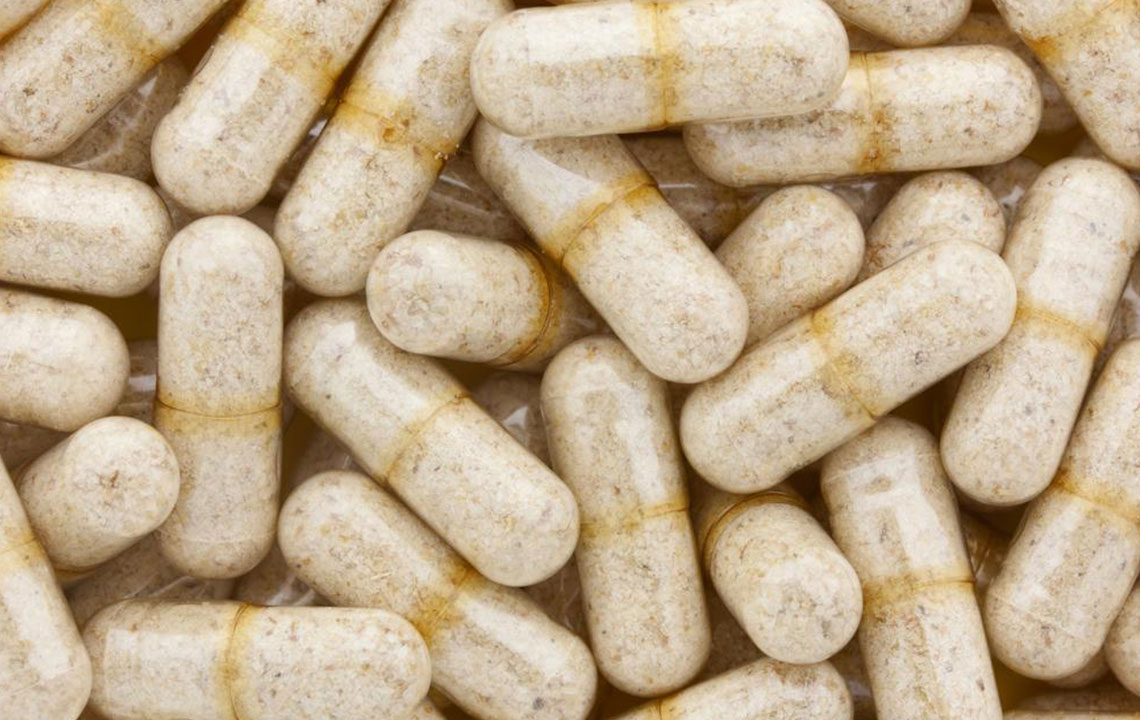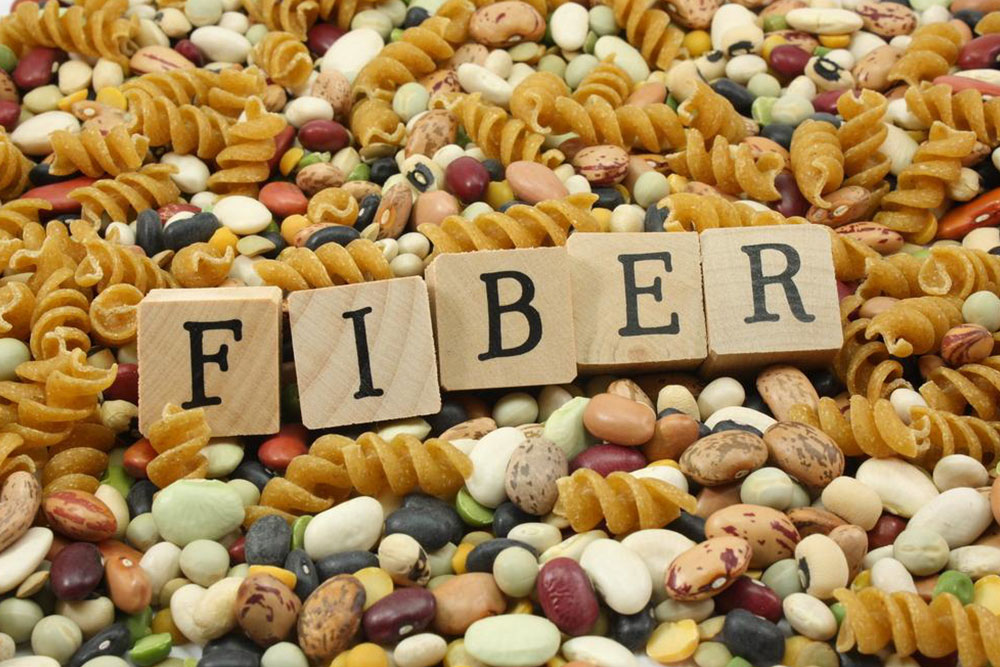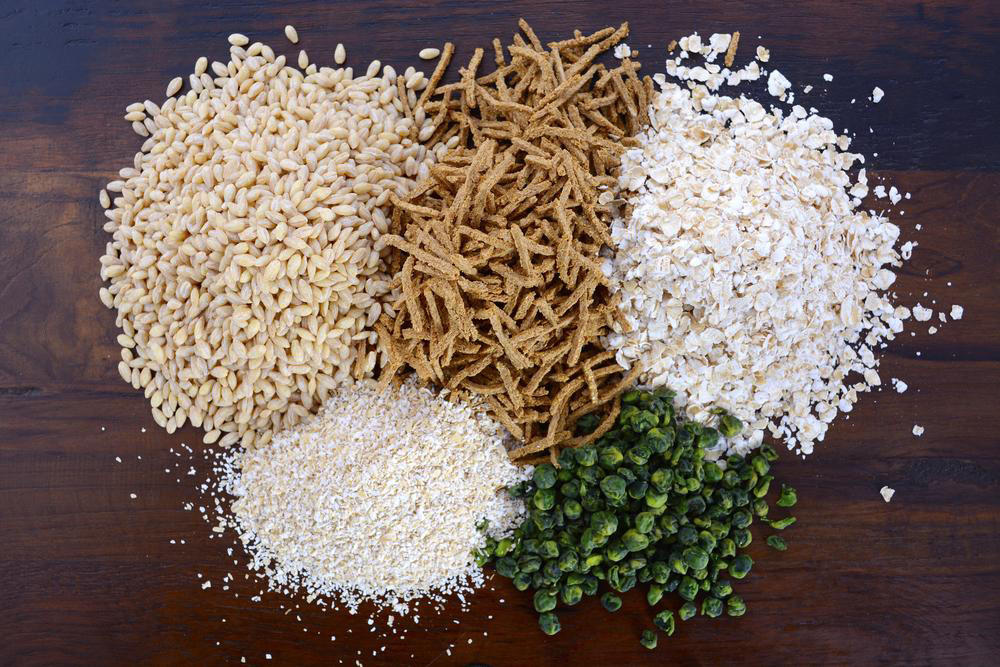Ultimate Guide to High-Quality Fiber Supplements for Enhanced Health and Well-being
This comprehensive guide explores the importance of dietary fiber, distinguishing between soluble and insoluble types, and highlights effective fiber supplements like inulin, psyllium, methylcellulose, and wheat dextrin. It provides dietary tips, health benefits, and safety advice for incorporating fiber supplements into daily routines to support digestive health, manage weight, and reduce disease risks. Whether natural foods or supplements are used, optimizing fiber intake is crucial for overall wellness and disease prevention.

Ultimate Guide to High-Quality Fiber Supplements for Enhanced Health and Well-being
Dietary fiber, an essential component of a balanced diet, is a type of indigestible carbohydrate that predominantly exists in plant-based foods. Despite its critical role in maintaining optimal health, many individuals do not consume adequate amounts of fiber daily. Fiber offers a multitude of health benefits, from supporting digestive health to reducing the risk of chronic diseases. Understanding the types of dietary fiber, their sources, and the best supplement options can significantly improve your health outcomes.
Health authorities recommend that adult men ingest approximately 38 grams of fiber daily, while women should aim for about 25 grams. However, typical daily intake levels often range between 15 and 18 grams, which falls short of these guidelines. This deficiency is mainly attributed to modern diets that rely heavily on processed foods, which tend to be low in natural fiber. Consequently, incorporating fiber-rich foods such as lentils, beans, berries, vegetables, and whole grains is essential. When dietary sources are insufficient or inconvenient, fiber supplements can serve as an effective alternative or complement to natural foods.
There are two primary classifications of dietary fiber: soluble and insoluble. Soluble fiber dissolves in water, forming a gel-like substance that slows gastric emptying, helping to stabilize blood sugar levels and lower low-density lipoprotein (LDL) cholesterol levels. Insoluble fiber, on the other hand, remains largely unchanged as it travels through the digestive system, adding bulk to stool and promoting regularity. Both types play vital roles in maintaining gut health and preventing digestive disorders. Achieving a balance between these fibers can enhance overall wellness.
Popular and effective fiber supplements that can fill dietary gaps include:
Inulin (Fiber Choice): A prebiotic fiber derived from chicory root, inulin stimulates beneficial bacteria in the colon, enhances nutrient absorption, and influences appetite-regulating hormones. It is available as a chewable capsule or powder, providing 100% soluble fiber that aids digestion and supports gut health without causing gas or bloating.
Psyllium (Metamucil): Extracted from the husks of Plantago ovata seeds, psyllium contains approximately 70% soluble fiber. It is renowned worldwide for its effectiveness in alleviating constipation, supporting bowel regularity, and lowering cholesterol. Psyllium is versatile and can be mixed with water, juice, or incorporated into recipes for easy consumption.
Methylcellulose (Citrucel): A non-fermentable, soluble fiber derived from plant cellulose, methylcellulose minimizes the production of gas and flatulence, making it suitable for individuals sensitive to other types of fiber. Typically found in powder form, it dissolves effortlessly in hot or cold liquids, providing gentle and effective fiber supplementation.
Wheat Dextrin (Benefiber): Made from corn, wheat dextrin is a tasteless, easily dissolvable soluble fiber that can be added to beverages or foods. It promotes regularity, helps regulate blood sugar levels, and can be seamlessly integrated into daily routines to improve digestive health.
Optimizing fiber intake through diet or supplements has far-reaching health benefits. Adequate fiber consumption can lower the risk of developing type 2 diabetes, aid in weight management, prevent diverticulitis, and reduce the likelihood of cardiovascular diseases and certain types of cancer. However, it’s essential to approach fiber supplementation intelligently. Consulting healthcare providers before starting supplements is crucial, especially for individuals with pre-existing conditions such as gastrointestinal stenosis, ulcers, or other digestive issues. Initiating fiber supplementation with small doses and gradually increasing intake allows the body to adapt, minimizing potential side effects such as bloating, gas, or abdominal cramps. Equally important is maintaining proper hydration, as fiber requires sufficient water to work effectively. Always seek professional medical advice to ensure safe integration of fiber supplements with existing medications or health conditions, and to maximize health benefits.





